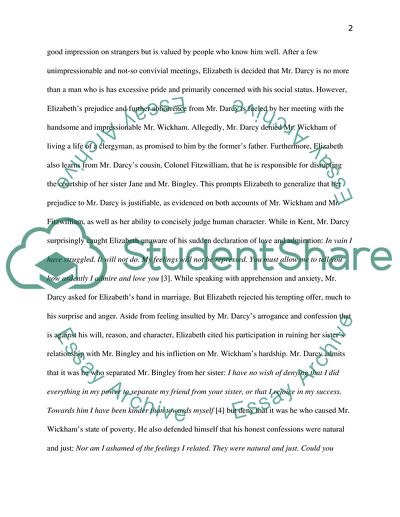Cite this document
(“Pride and Prejudice: A Character Study of Elizabeth Bennet Essay”, n.d.)
Retrieved from https://studentshare.org/literature/1421789-pride-and-prejudice-a-character-study-of-elizabeth-bennet
Retrieved from https://studentshare.org/literature/1421789-pride-and-prejudice-a-character-study-of-elizabeth-bennet
(Pride and Prejudice: A Character Study of Elizabeth Bennet Essay)
https://studentshare.org/literature/1421789-pride-and-prejudice-a-character-study-of-elizabeth-bennet.
https://studentshare.org/literature/1421789-pride-and-prejudice-a-character-study-of-elizabeth-bennet.
“Pride and Prejudice: A Character Study of Elizabeth Bennet Essay”, n.d. https://studentshare.org/literature/1421789-pride-and-prejudice-a-character-study-of-elizabeth-bennet.


